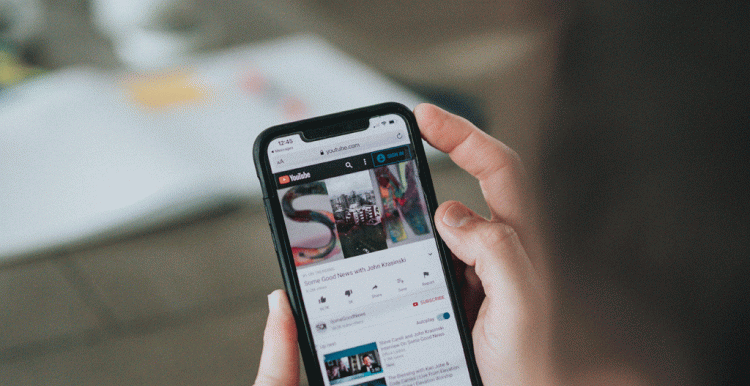Digital Healthcare: hearing from minority ethnic groups locally

Issues about access to digital healthcare have frequently been raised at local and national meetings with local Clinical Commissioning groups (CCG), local councils, National Voices, NICE, and The Health Foundation. This is a topic we felt an urgent need to research and understand to ensure that people from ‘all communities’ living in our boroughs get the support they need from public health and care services.
To develop our understanding of the issues raised at local meetings we have been focusing on different communities of interest, starting with African, Caribbean, South Asian and other minority ethnic groups. Building relationships with local groups has been an essential part of the project so that we can listen to individuals’ experiences and views to get a genuine picture of what’s working and what isn’t.
During our engagement we became aware of gaps and challenges in the provision of ‘Digital Healthcare’ and they’re not just to do with the technology…
What we’ve been hearing
The project was originally designed to understand the capabilities and pitfalls of ‘digital’ in the health and social care sector, but has also shone a bright light on already existing wider health and social disparities, caused by discrimination, distrust, and prejudices.
We have been talking to people from African, Caribbean, South Asian, and other minority ethnic groups about their experiences. They told us that they felt distrust and apathy towards authorities and some health professionals because of previous negative encounters. The theme of self-advocacy permeated throughout all the sessions’ conversations. The general feeling was that if you knew how to ‘jump through the hoops of the system’ then you would be able to get the help and support you needed. On the other hand, those that couldn’t navigate the system felt left unsupported. Added to this were instances in which symptoms were invalidated or perceived as being exaggerated, leaving them or their loved ones without treatment and their condition worsening to the point of needing critical care.
This is a glimpse into the many experiences participants of this research project openly and honestly shared with us. Whilst these experiences are not daily occurrences, most of the participants from an African, Caribbean, South Asian, or other minority ethnic group had at least one similar experience as mentioned above. This can and has engendered a feeling of malaise towards some healthcare providers, governing bodies, and wider authority.
Despite these experiences, people still prefer receiving medical information from healthcare professionals offline, particularly those they already had a good rapport with.
What’s next?
We will be publishing the full report next month so please keep an eye on one of our social media channels to download a copy.
* What is “digital” in healthcare?
Any work on “digital” would have to be specific, as “digital” can mean many different things, including, and not limited to the following:
-
Digital platforms that provide information
-
Video health appointments
-
Symptoms checkers
-
Robotics and artificial intelligence
-
Accessing patient data online
-
Accessing healthcare (booking appointments)
-
Organising repeat prescriptions


